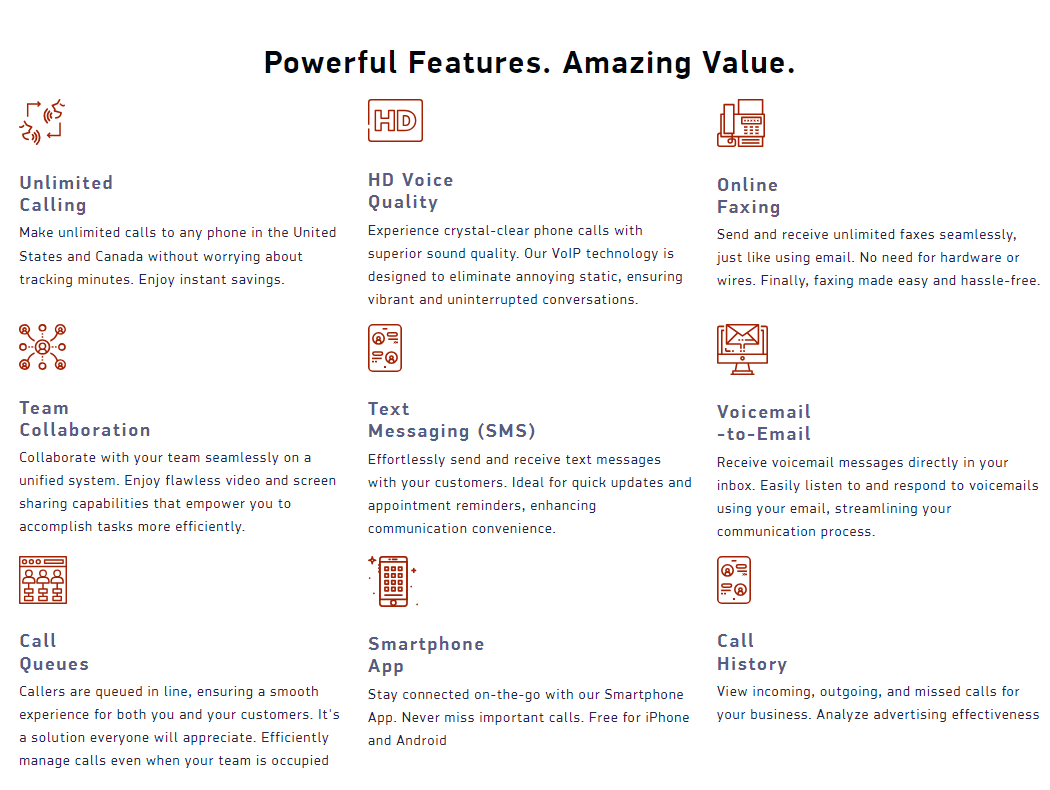In this blog entry, the expert VoIP phone installation service in the Greater New York area team here at QTech will summarize the top benefits that VoIP phones offer commercial enterprises and industries of all scales.
What exactly are VoIP phones?
A VoIP phone is essentially any phone that uses IP technology to send and receive phone calls, as opposed to over traditional phone lines. VoIP phones can come with physical hardware, or smartphones can be used as VoIP phones when providers allow for it, or through the usage of different applications.
How do VoIP phones work?
VoIP phones transform generated sound into data packets which is sent to a VoIP service provider where, depending on what form of line is being dialed, a few things may happen:
- The VoIP provider gets the data and sets a call up over PSTN
- The data packets will transfer over to a receiving VoIP phone where they are converted into the sender’s message
- The data packets are converted to analog audio when the receiving phone is a traditional phone
What are the major benefits of VoIP phones?
- Mobility- VoIP phones are much more mobile than a landline, and don’t have expensive hardware installation fees. The range of VoIP phones aren’t limited by cell phone towers, but by internet coverage which is often both more stable and more affordable. VoIP phone numbers can be used from any location that has a stable and dependable internet connection.
- Remote Work Flexibility- VoIP phones are a must for any business that wants to use modern work options like remote or hybrid work, by providing the same functionality to your workers at home that they would have in the office.
- Broadens Employee Pools – VoIP phones allow business to hire employees further away from their physical location, as employees won’t have to commute to operate official office phone numbers.
- Shrinks Costs – Traditional landlines can be complicated to set up, requiring effort, skill, and costs. VoIP phones don’t have an intense installation process, and can simply be added on top of a PSTN network, dramatically shrinking setup costs, notably for businesses that have operational contact hubs. If you don’t want to keep an in-house network, you can off load maintenance directly to the VoIP service.
- Scalability– VoIP telephony makes it easy to get phones in and add new numbers to new offices. This allows you to more easily grow your business, and makes it easier for emerging businesses to gain an early foothold without sacrificing service quality. This is much superior to older systems that would have to constantly be upgraded as technology changed and businesses grew.
- Modern Tech – VoIP phone lines boast a truly modern level of flexibility and customization options, which can all be implemented easily, as opposed to the way that modern landline tech has become increasingly complicated and difficult to use. Modern VoIP phone features include easy-to-set-up conference calls, or multiple number linking for a guard rail against potential primary line failures.



